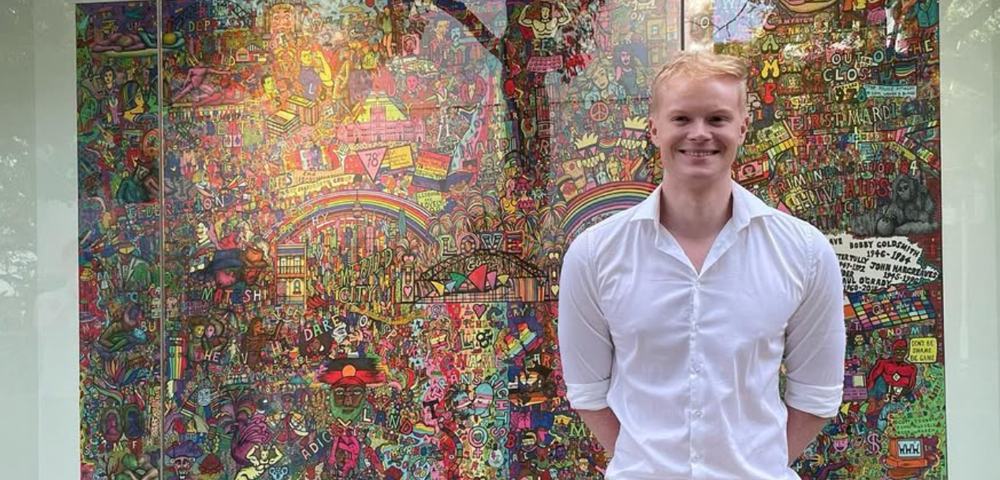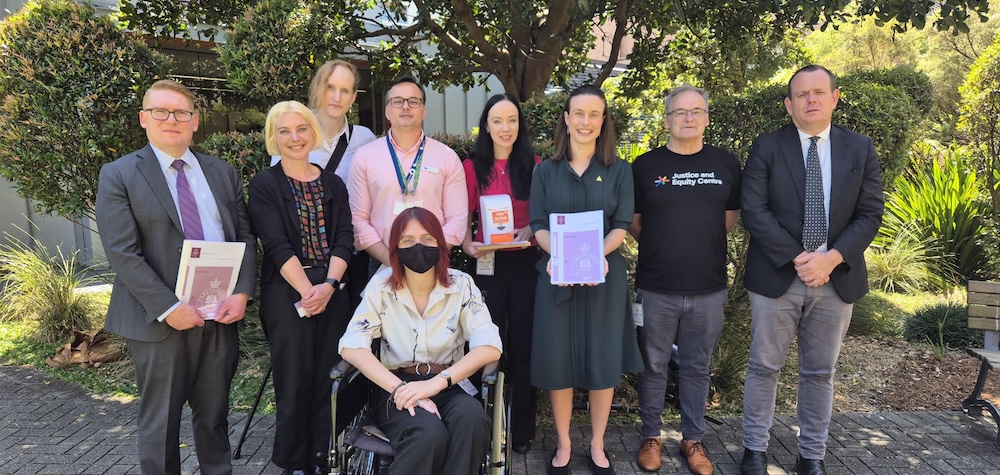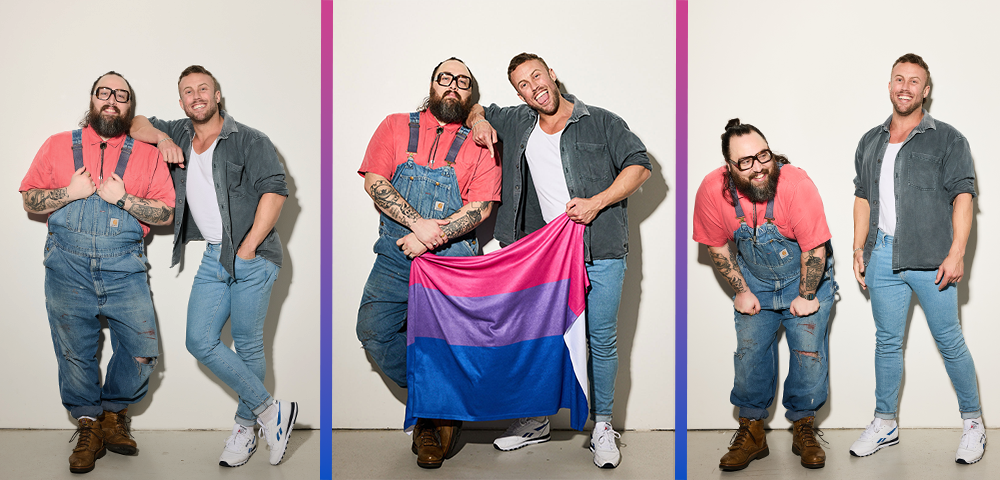
“It’s my partner. I know he’s been having problems at work lately … and on the weekends he won’t leave the house. He just stays in bed all day. I really want to help him but I don’t know how.”
These are the words a young man speaks from JOY 94.9 FM on my car radio. They turned out to be an advertisement for the new Mental Health Advice Line funded by the Victorian Department of Health.
This advice line offers advice, information and referral on mental health issues 24 hours a day, seven days a week, and is staffed by mental health professionals such as psychologists and nurses.
What struck me about the ad was that it was the first time I had heard an otherwise mainstream mental health service have a deliberate and empathetic go at attracting GLBTI service-users.
The use of the first-person narrative showed me they weren’t just advertising their service, they were demonstrating that they were trying to understand mental health issues from a GLBTI perspective.
I wondered which other mental health-related services advertised in the gay media. A chat with Conrad Browne at JOY revealed that several mental health-related services used JOY to promote themselves to our community.
These include Lifeline, the Gay and Lesbian Switchboard, Alcohol and Drug Direct Line, and Eating Disorders Foundation of Victoria. He also mentioned they were talking with beyondblue about the best way to use JOY for promotion.
In other gay press, Southern Star’s sole regular advertiser is the Gay and Lesbian Switchboard. It’s a shame more mental health and counselling services don’t take advantage of the reach a weekly free gay paper can provide.
The 2011 ALSO Directory fares a bit better. Helplines are listed under Information, Help and Referral (page 8) and private therapists and some counselling services are listed under Counselling and Psychology (page 14).
Mental health is one of the highest health concerns for the GLBTI community.
The 2006 Private Lives study, examining the health and wellbeing of Australia’s GLBTI population, found that anxiety and depression were two of the top three reported health issues, with three quarters reporting having experienced depression. Research shows that the GLBTI community is an ‘at risk’ group for poor mental health.
There is more that mental health and helpline services can do to reach out to our community.
Taking a leaf out of the Mental Health Advice Line’s book would be a great start.
By Grant O’Sullivan
info: Mental Health Advice Line 1300 280 737









